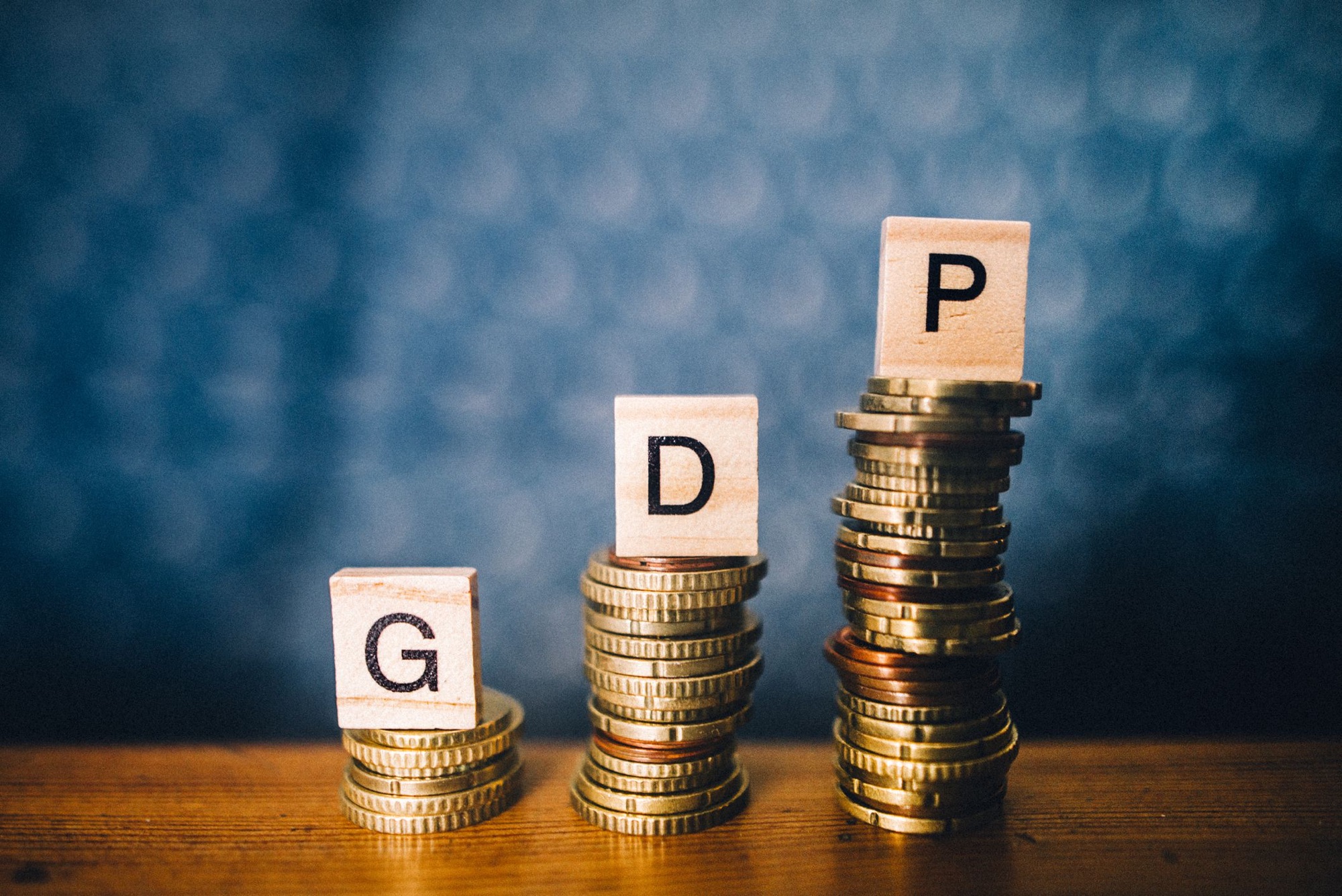Gross Domestic Product (GDP) is one of the most critical economic indicators that every investor—whether a beginner or experienced—should understand. For Nigerian investors, GDP is more than just a number; it offers a snapshot of the economy’s health and influences the performance of Nigerian stocks, companies, and entire sectors.
By understanding GDP, investors can uncover trends, identify high-potential industries, and align their strategies with Nigeria’s economic cycles.
What Is GDP?
GDP measures the total monetary value of all goods and services produced within a country over a specific period, usually quarterly or annually. Essentially, it reflects the size and strength of an economy. In Nigeria, GDP includes contributions from key sectors like:
• Oil and Gas: A dominant industry with significant influence on government revenues and foreign exchange.
• Agriculture: A critical sector that employs a large percentage of Nigerians.
• Telecommunications: One of the fastest-growing sectors driving technological innovation.
• Financial Services: A vital enabler of business activities and consumer spending.
Why Does GDP Matter for Nigerian Investors?
1. Economic Growth Drives Stock Market Performance
When Nigeria’s GDP grows, it signals a thriving economy, often leading to better performance for Nigerian companies. For example:
• A GDP growth rate of 3.19% in Q2 2024 indicates robust business activity and consumer spending, which can boost Nigerian stocks, especially in high-growth sectors.
2. Sector-Specific Insights
GDP provides a breakdown of how various sectors contribute to the economy, helping investors identify opportunities:
• Oil & Gas: As a cornerstone of Nigeria’s economy, fluctuations in this sector significantly affect the broader economy and currency stability.
• Agriculture: Sustained GDP growth in agriculture signals opportunities in agri-business or food production companies listed on the Nigerian Stock Exchange.
3. Boosts Investor Confidence
Steady GDP growth builds investor confidence by signaling a stable economy. For instance:
• Foreign Direct Investment (FDI) flows into Nigeria often increase during periods of consistent GDP growth, driving up the value of Nigerian stocks.
4. Impact on Corporate Profits
A rising GDP typically correlates with higher consumer spending and business investments, directly impacting corporate profits. Sectors like consumer goods, banking, and technology services often see significant benefits.
5. Economic Cycles and Investment Strategies
GDP helps investors understand where the economy is in its cycle—expansion, contraction, or recovery—and adjust their strategies accordingly:
• During expansion periods, growth-oriented stocks (e.g., technology, manufacturing) may yield high returns.
• During a downturn, defensive sectors like healthcare or consumer staples often provide more stability.
How Nigerian Beginners Can Use GDP Data
1. Follow Quarterly GDP Reports
Stay updated with reports from Nigeria’s National Bureau of Statistics (NBS), which detail which sectors are expanding or contracting.
2. Diversify Investments Based on Trends
For example:
• If agriculture shows strong growth, consider investing in agri-business or food production stocks.
• Growth in telecommunications may highlight opportunities in tech-enabled companies.
3. Align with Policy Changes
GDP trends often influence fiscal and monetary policies, such as changes in interest rates. For instance:
• Rising GDP might lead to tighter monetary policies, impacting banking stocks and bond yields.
Opportunities for Nigerian Investors
1. Sector-Specific Investments:
Monitor GDP data to identify sectors driving growth and target companies with strong fundamentals in these areas.
2. Diversification:
Use GDP insights to diversify your portfolio across multiple industries, balancing growth and defensive investments.
3. Timing Strategies:
Align your strategies with Nigeria’s economic cycles, focusing on growth sectors during expansions and resilient sectors during downturns.
Final Thoughts for Nigerian Investors
Understanding GDP is essential for investors who want to make informed decisions in Nigeria’s dynamic financial landscape. By analyzing GDP trends and sector performance, you can identify where to allocate your resources for maximum returns. Whether you’re investing in Nigerian stocks, exploring high-growth sectors like telecommunications, or seeking stability in agriculture, keeping an eye on GDP data provides valuable guidance.
Stay ahead by following Naija Investment Hub for the latest updates on Nigeria’s economy, insights into key sectors, and actionable strategies for smarter investing.
